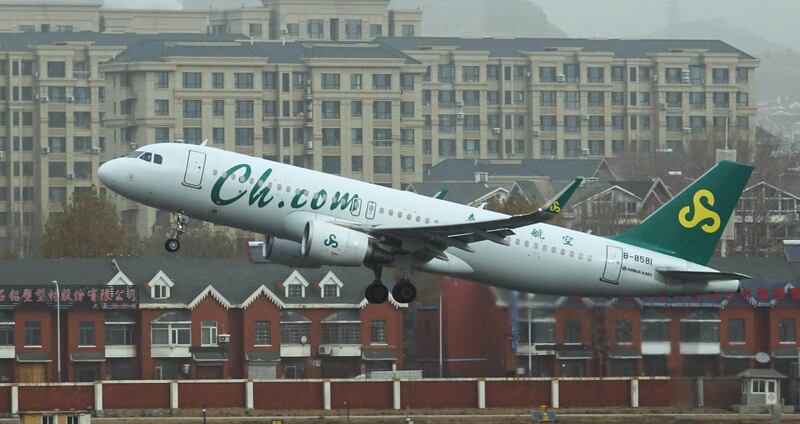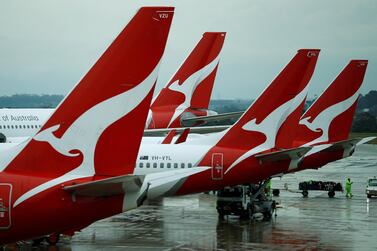Chinese budget carrier Spring Airlines is leveraging its low-cost position to attract customers with cheap fares as the country's domestic aviation market recovers, pursuing an aggressive expansion strategy that could soon turn profitable.
Domestic capacity at Shanghai-based Spring rose over 50 per cent in September compared with a year earlier, while passenger traffic was up 47 per cent and the airline's load factor, or percentage of seats filled, neared 90 per cent as it redirected planes from closed international markets.
Spring's market share has doubled from 2 per cent a year ago to 4 per cent, according to broker Jefferies.
The private airline's success in the Chinese market, traditionally dominated by full-service state-owned carriers, could herald a wider global trend.
Investors expect low-cost, domestic-focused carriers will be the first to recover from the pandemic as leisure travellers focus on value and corporate travel takes longer to recover.
Japan Airlines has said it plans to bolster its low-cost operations, including its Japanese joint venture with Spring, while sources said ANA Holdings is weighing whether to use budget carrier Peach for more flights.
"We do see low-cost carriers [LCCs] rebounding the fastest out of all airlines across most regions, not just China," Bocom International analyst Luya You said. "The reasons are that LCCs can offer lower prices due to lower costs as well as fill their planes more efficiently than full-service carriers."
Low-cost carriers held just a 10 per cent market share in the domestic Chinese market, and 17 per cent in Japan in 2018, compared with a majority share in South Korea, India, Malaysia and Vietnam, according to CAPA Centre for Aviation data.
During the Covid-related downturn, Chinese budget operators like Spring and Air China subsidiary Shenzhen Airlines have been expanding relative to rivals.
Spring's shares have rebounded to pre-Covid levels, compared with declines of up to 25 per cent at the state-owned big three airlines, as investors bet on China's only listed budget carrier.
"Full-service carriers will mimic the low-cost carrier model over the next few years, which could pressure established low-cost carriers like Spring over time," Ms You said. "But right now their clear advantage is still solid."
Spring charges customers for extras like priority check-in, meals and using airport lounges, allowing it to offer fares as much as 30 per cent below rivals on some routes while still taking aim at price-conscious business travellers.
"We can see Spring's offerings for a lot of their domestic routes are even lower than fares on high-speed railway trains," Chinese aviation expert Li Xiaojin said. "Flying with them is faster and cheaper, which helped bring in a lot of customers."







